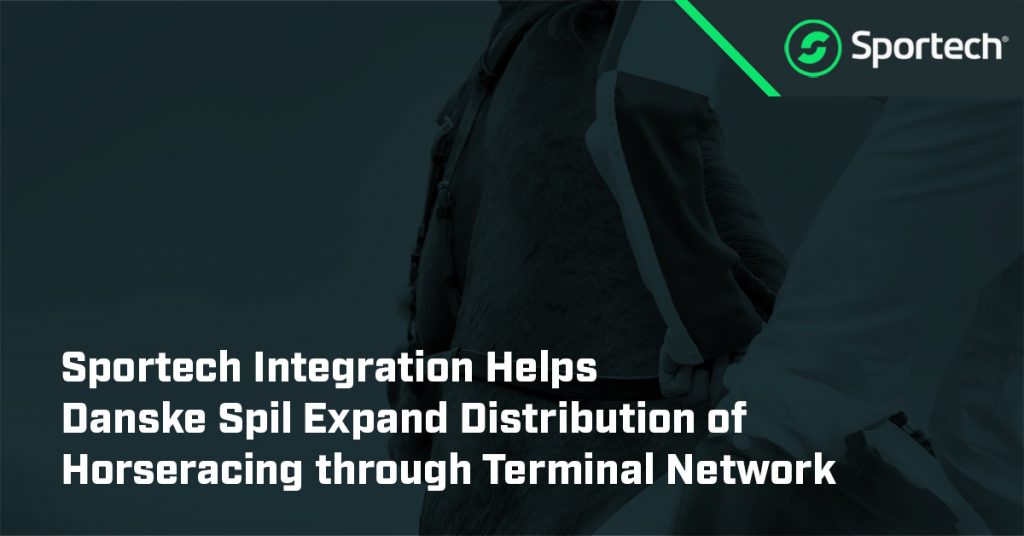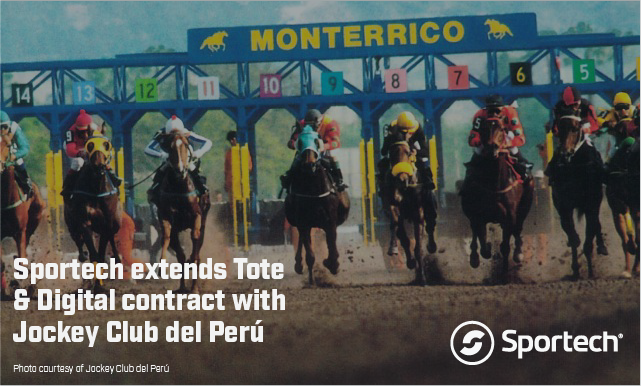
As the State of Connecticut works to emerge from the COVID-19 outbreak, Sportech is once again speaking out in favour of sensible legalization and regulation of Sports Betting.
Ted Taylor, President of Sportech Venues in Connecticut, filed an opinion piece, just as legislators consider a special legislative session, to draw attention to the artificial impediments that prevent Connecticut from adopting commonsense legislation to legalise Sports Betting in that State.
The piece is re-posted below. Find the original post here.
The State Must Remove the Artificial Barriers to Sports Betting
By: Ted Taylor, President of Sportech Venues Inc.
Connecticut has a rare opportunity to mitigate a projected $128 million budget deficit driven by the extraordinary demands of the pandemic and deliver new revenue for the State by passing legislation this year to legalize retail and online Sports Betting by the State’s four existing licensed gaming operators – the approach previously supported by Governor Lamont.
Sports Betting has been debated for years in Connecticut’s statehouse and has bipartisan support backed by public acceptance and demand. So why can’t we get this done when we need revenue from Sports Betting more than ever?
Simply, and perhaps surprisingly for the neutral observer, the Tribes are the roadblock.
In the two years since the Supreme Court repealed the law that prohibited most states from offering Sports Betting, Connecticut lawmakers have faced obstructionism from the Mashantucket Pequot Tribe and the Mohegan Tribe of Indians, who insist that they somehow hold the exclusive right to conduct Sports Betting.
The Tribes argue that Sports Betting is an undefined “casino game” covered in their respective agreements with the State. While that argument has been disproven on numerous occasions, the Tribes have threatened that, if they don’t get their way, they will break their Compacts and cease paying Connecticut its share of slots revenue. This threat has stymied progress for years – hamstringing the State from advancing Sports Betting or any other gaming despite the legislative and executive will to the contrary.
Moreover, query why the Tribes do not currently offer Sports Betting if it is, as they contend, already an approved “casino game” under the Compacts.
The answer, and the simple truth, is that Sports Betting is not now nor has it ever been classified as a “casino game” by the Compacts, by Connecticut State laws, or by the Federal Indian Gaming Regulatory Act which unequivocally defines and regulates Sports Betting as something other than a “casino game”.
In independent uncontested testimony submitted March 3rd to the Public Safety and Security Committee, Attorney Daniel Wallach, a nationally renowned expert on sports wagering and gaming law, testified, “…there are three critical factors distinguishing sports betting from a commercial casino game: (1) they are contests of skill, whereas commercial casino games are considered games of chance; (2) they involve contests taking place – and determined – outside of a casino property, whereas commercial casino games are usually confined to the four walls of a casino; and (3) in most states that allow it, sports betting is not restricted to a casino property.”
Despite the overwhelming legal precedent explained in Mr. Wallach’s independent testimony, the Tribes continue to block Sports Betting advancement, to the detriment of Connecticut’s consumers.
The clear solution is for the State to break the stalemate and license the State’s existing gaming operators, including the Tribes.
Rather than allowing more time to pass, Connecticut can act now to protect its consumers and its financial stability this year, while there is still time to make a meaningful impact on State finances. The State will secure additional revenues and consumers will enjoy competitive choice, innovation, and safety in gaming entertainment.
If, as a result, a Tribe chooses to follow through with the threat to break their Compact and cease making payments to the State for their share of slot revenue, then that Tribe would likewise risk ceasing their slot operations and ceding their exclusivity. They would risk depriving themselves of their own profits from slots, which in the first six months of 2020 were $87 million for Foxwoods and $116 million for Mohegan Sun, and a broken Compact would open the State to further gaming competition, including commercial casinos. Obviously, that scenario is undesirable to many but none more so than the Tribes.
We at Sportech remain hopeful that an agreement can be reached to provide Connecticut residents with Sports Betting choices and the State with vital revenues.
The arguments for exclusivity made by the Tribes are groundless and the clear path is to provide existing gaming operators – including the Tribes, Sportech and the Lottery – the opportunity to offer their Sports Betting products to consumers before Connecticut loses the game for not fielding a team.









